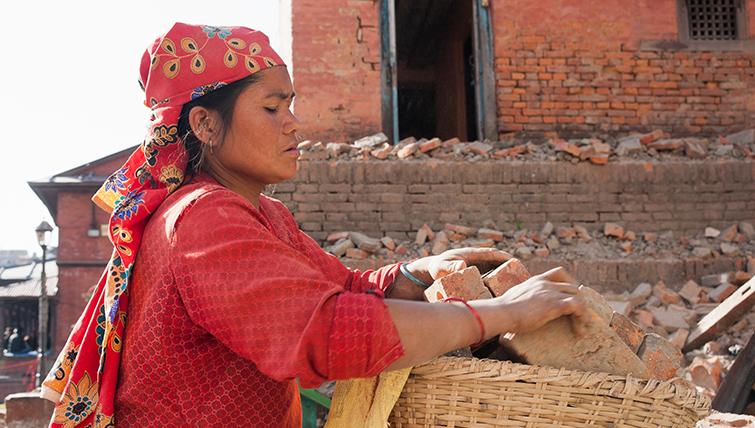A Systematic Measure of Gender Norms Across South Asia – Analysis & Measurement Tool

Gender equality is central to the World Bank’s goals of ending extreme poverty and improving development outcomes. However, inconsistencies in basic data and data quality—what is measured and how it is measured—currently limit the ability of the World Bank and governments in South Asia to implement evidence-based programming that affect and address gender equality and women’s economic empowerment.
Prioritizing resources toward careful measurement of social norms could contribute to reliable inferences about the impact of international development interventions on gender norms in future impact evaluations in South Asia. Using a measurement tool to compare gender norms across South Asia could also guide the design and implementation of policies, such as labor market policies, that interact with gender norms in South Asia.
AIR and LEAD Partnership
AIR is partnering with Leveraging Evidence for Access and Development (LEAD) at Krea University to contribute to resolving these challenges through the development of a standardized tool to measure gender norms in South Asia. We are developing a tool that measures gender norms with reliability and validity based on sociological and economic theory, adaptations of existing measurement instruments to the South Asian context, and formative qualitative research to ensure contextually appropriate tools.
Following our formative qualitative research in India, Bangladesh, Pakistan and Nepal, we are piloting the quantitative tool in Nepal and examining its measurement properties (consistency, validity, stability, and reliability) using psychometric analyses. The data will also help us to identify the status of and trends in female labor force participation in Nepal.

